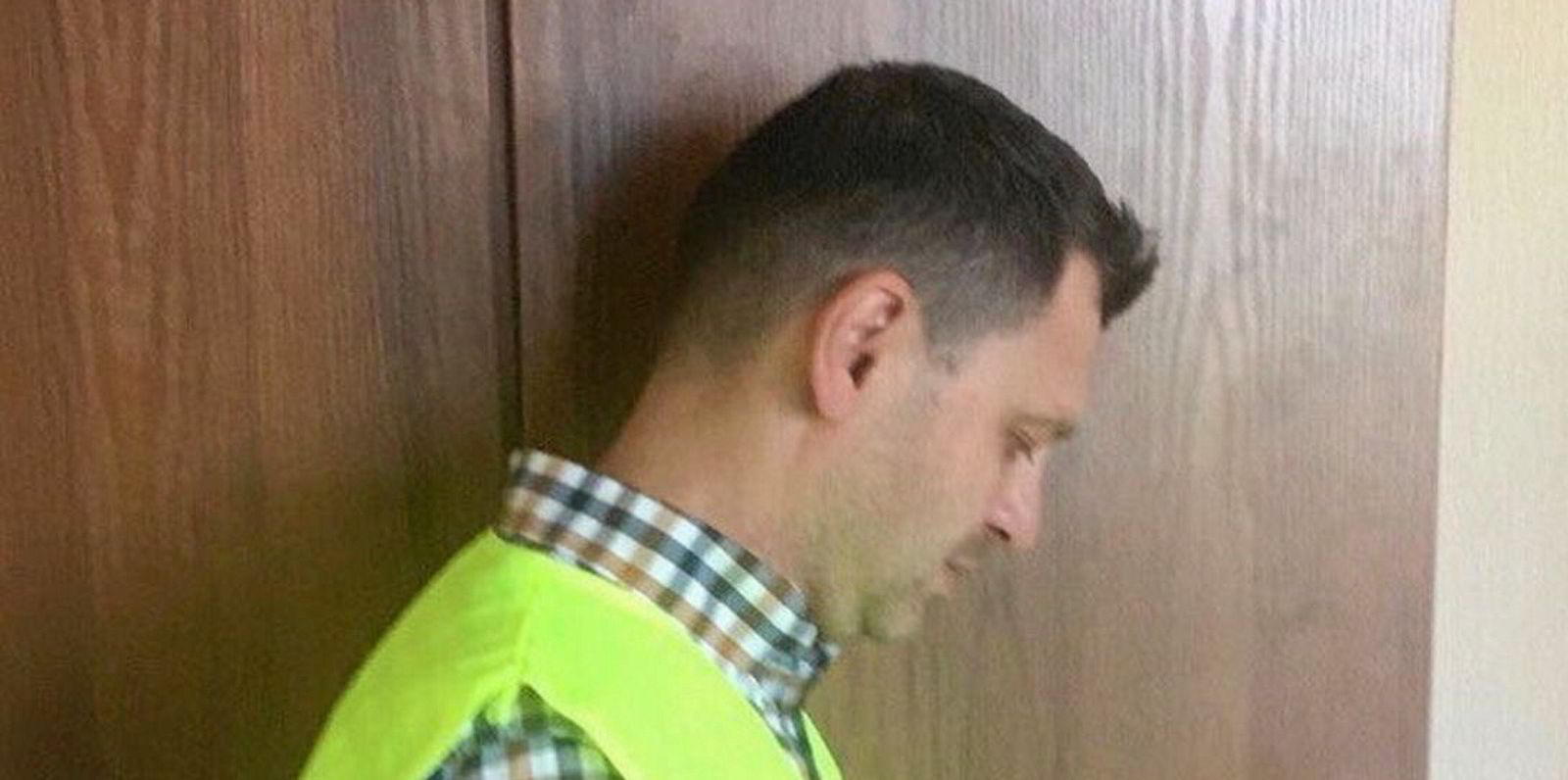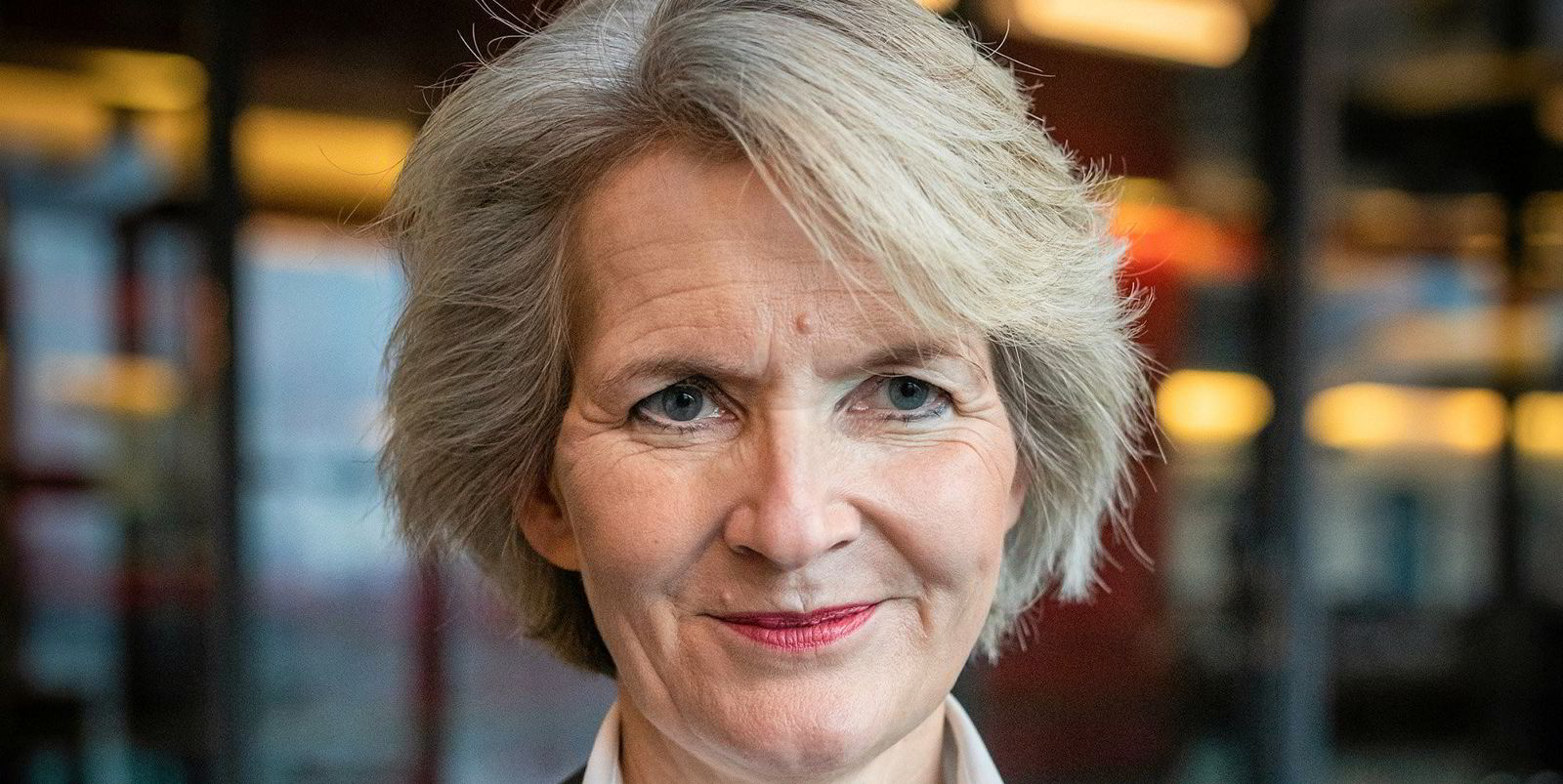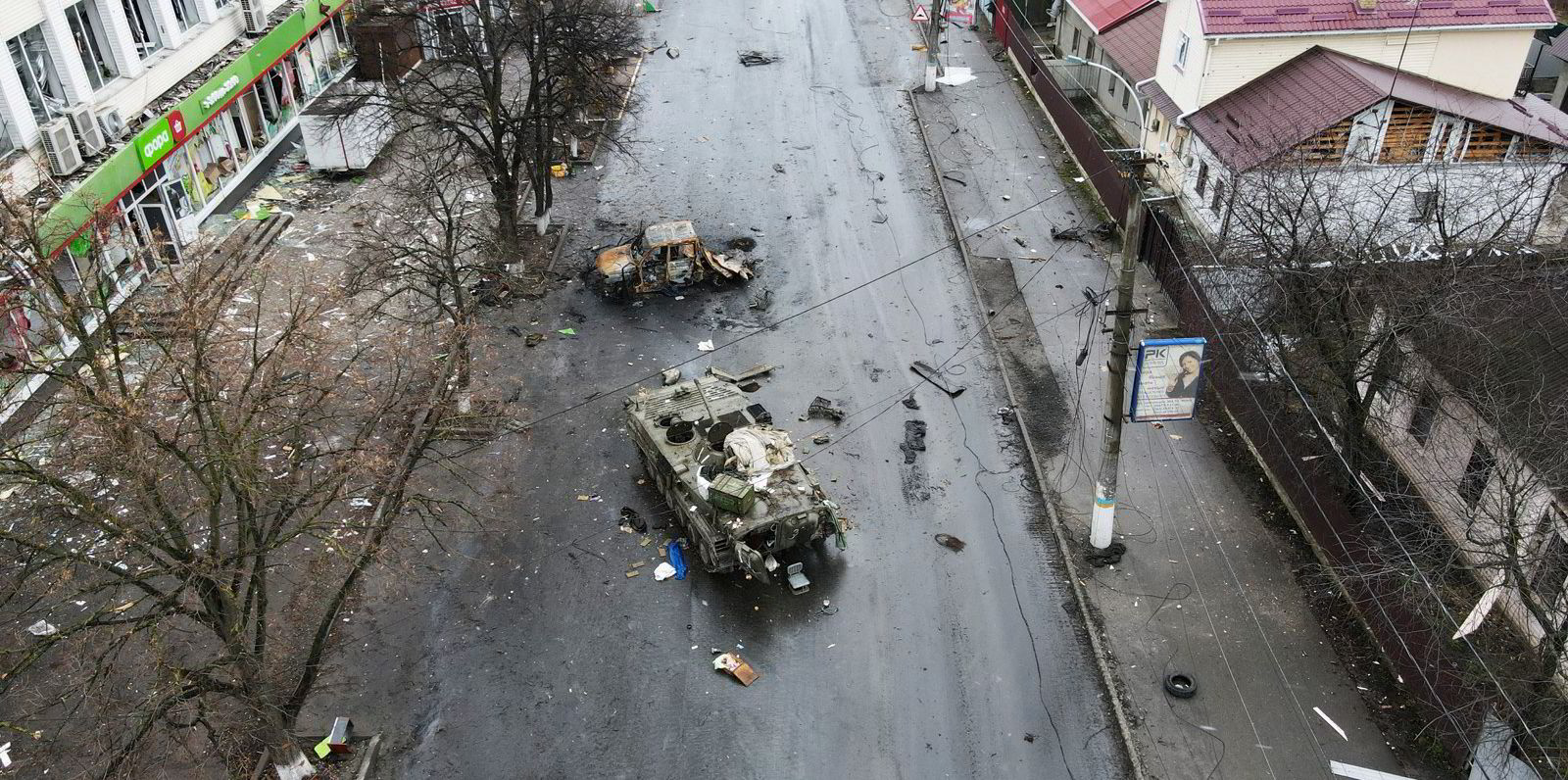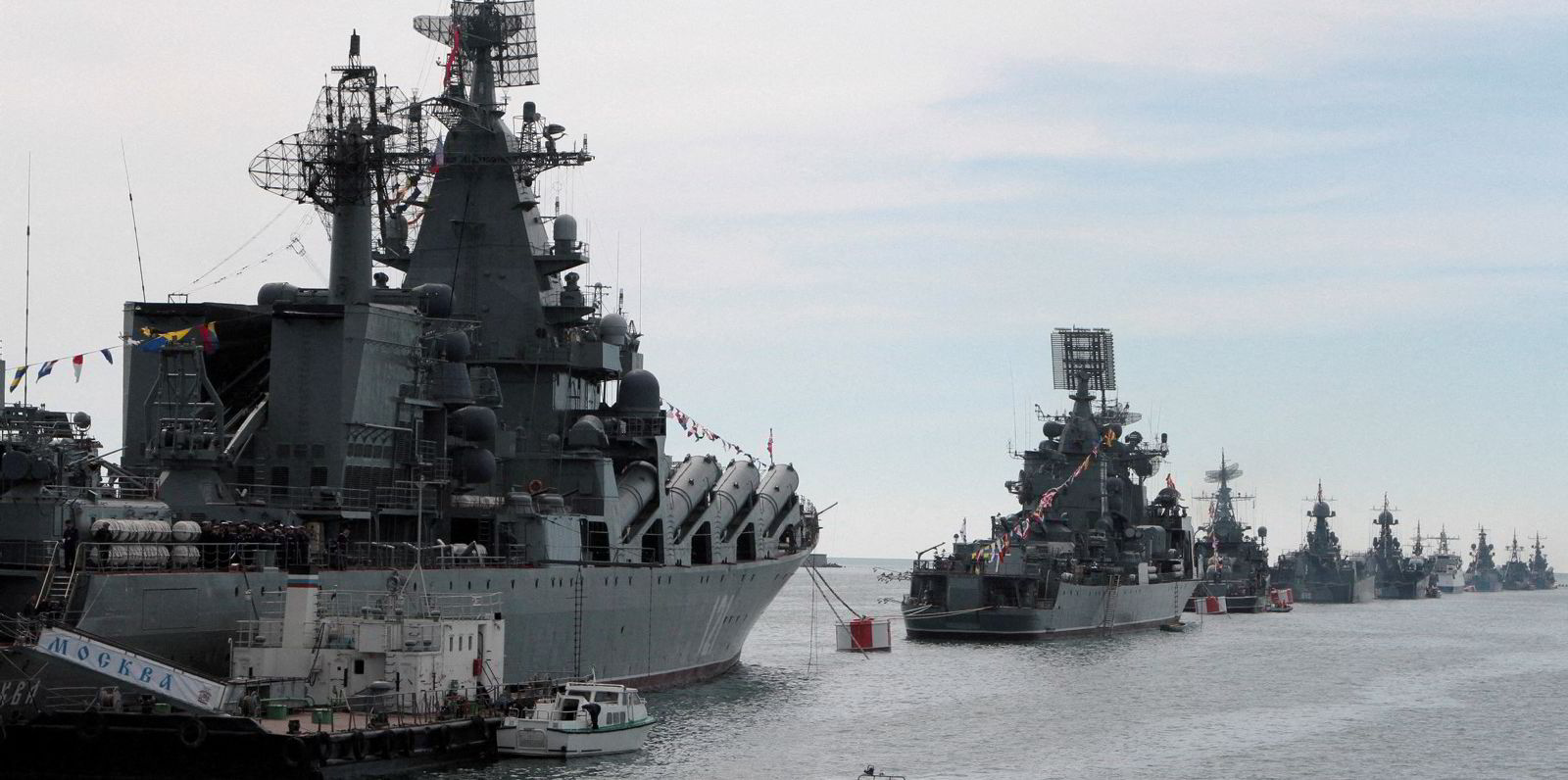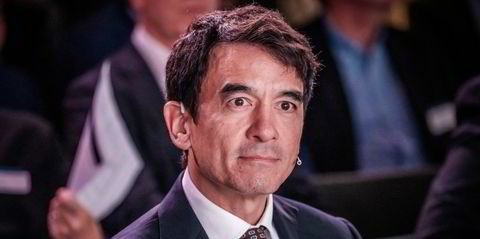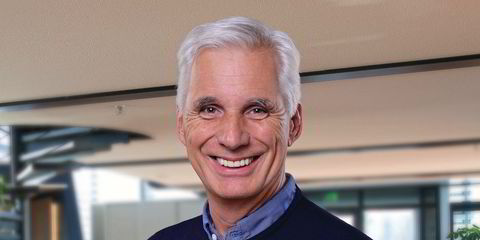When clinical psychologist Alexander Dimitrevich heard the first bombs shake Odessa in the early hours of 24 February, he knew he needed to get his family out of Ukraine immediately.
The Russian bombardment had begun.
There followed a long journey through two other countries to reach safety in Poland, where the eastern Europe lead consultant and coordinator for seafarer support organisation Mental Health Support Solutions (MHSS) is now working with Ukrainian refugees.
Dimitrevich told TradeWinds: “I suspected a humanitarian catastrophe.
“Working as a crisis responder for more than a decade, I knew how rapidly [a] crisis situation would deploy,” he said.
The psychologist revealed MHSS had advised him to leave immediately if the worst happened so that he could start helping others who had left in the exodus following attacks.
“That’s what we do now,” he added.
The MHSS man has lived and worked in Poland for the past four months but had returned to Ukraine to finalise his business there.
The plan was to spend two or three weeks in Odessa. He was working as a trainer for a military team on negotiation techniques when the situation deteriorated.
“They said something bad is going to happen, but none of us believed in a full-scale war,” he explained.
On the morning war broke out, Dimitrevich was woken at 5.20 am by two “quite heavy blasts”.
He jumped out of bed and ran to the window. “My wife said, ‘What was that?’ I said it was either a terrorist attack or a missile attack.”
At 5.23 am, he phoned his military friends, who said the city was under attack by Russian forces.
At 5.40 am, Dimitrevich was down in his car heading to the nearest petrol station. He also phoned his 26-year-old daughter to tell her to fill her car up and get her husband and son out of Odessa.
The petrol station was busy. Dimitrevich described it as being “like a Christmas traffic jam”.
The family started out for Moldova, 80 km (50 miles) away, at midday.
Others left behind
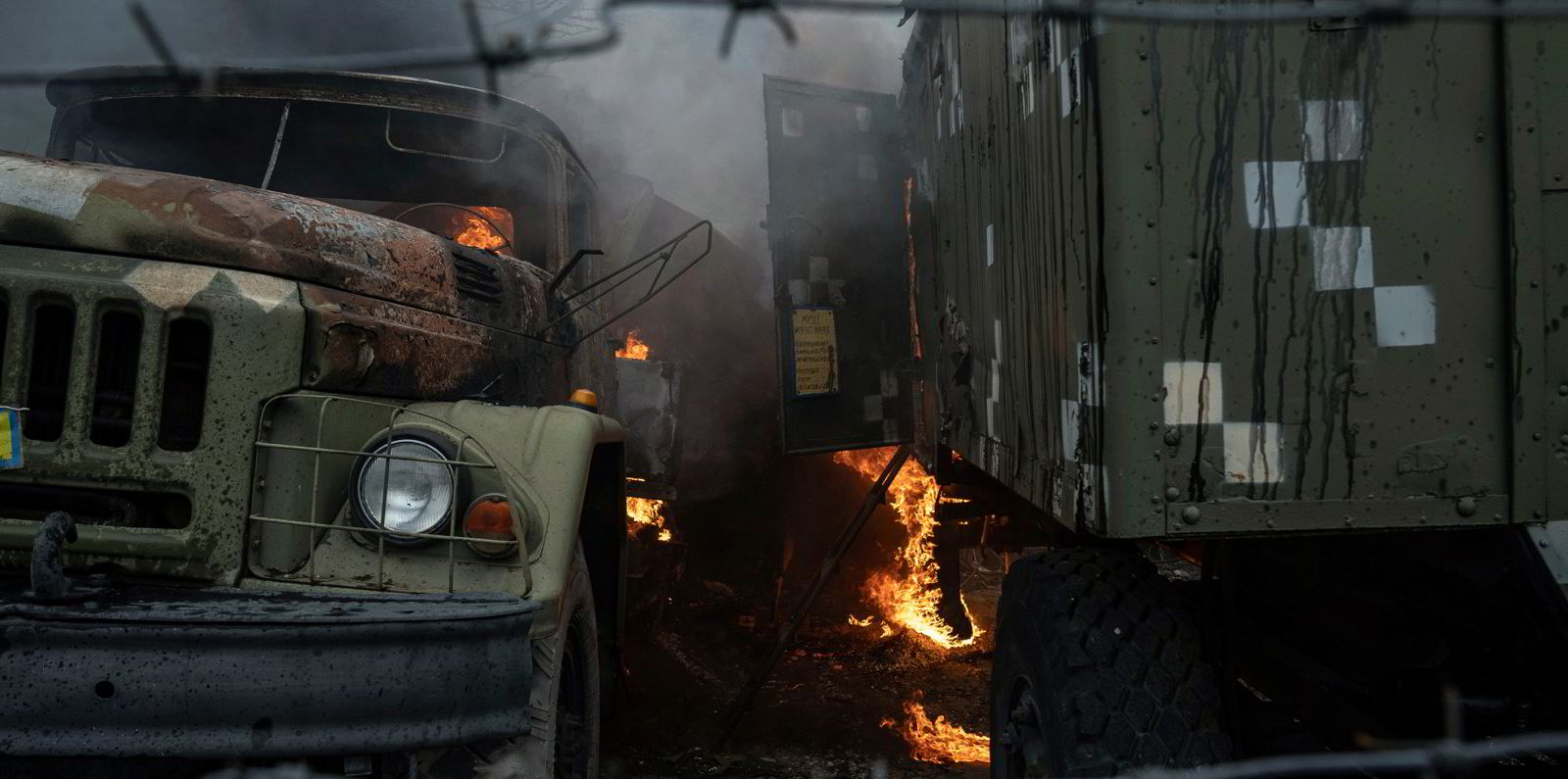
Two other cars of friends and relatives also left, but people in four other cars thought they had more time and would follow four hours later, the psychologist explained.
They asked Dimitrevich to check if it was possible to cross the border.
But by then it was too late and they have not been able to leave.
After reaching Moldova, Dimitrevich said: “I decided to go back to the Ukrainian border because I had to help several other families. We spent two nights at the border, sleeping there and waiting for other people to cross.”
And he added that his odyssey across the continent revealed great kindness and solidarity.
“I saw the refugee camps on our way — the whole of Europe has been supporting Ukraine,” Dimitrevich said.
When he first got to Moldova, there were no volunteers at the border. “The next morning when we went back there were many volunteers, not organised but private people,” he said.
They were using their own vehicles, spending money on petrol, bringing people to their apartments, and buying food and water.
Heartbreaking kindness
“It was heartbreaking, it was so kind,” the psychologist said.
Dimitrevich also explained that Romanians gave everything they could, including free phone cards.
“At a pizzeria, they saw our licence plates and they didn’t charge us,” he said.
“I said, ‘No, I want to pay because we are just the first wave, we’re ok, I need nothing and I can afford to buy pizza, but the next, third, fourth wave will be exhausted people. You’d better save your money and your kindness’, but they didn’t charge,” Dimitrevich added.
His mother and relatives remain in Ukraine after deciding to stay.
Now, only women and children and pensioners can get out, as men are not allowed to leave.
Dimitrevich is thinking of evacuating his older relatives.
